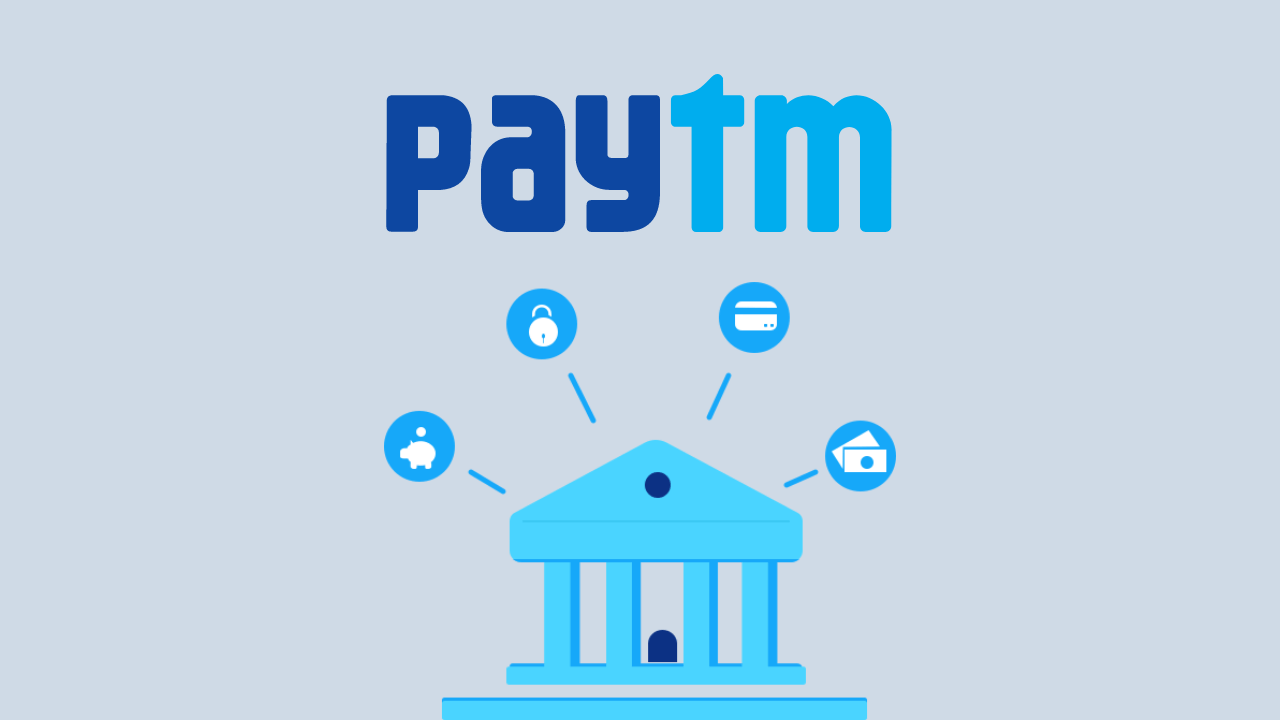Salary accounts are opened to pay the salaries to the employees. Companies open these accounts at the bank to pay the salaries of their employees. Companies have to tie up with banks to open salary accounts.
Savings account open for savings purposes. Anyone can open this account, whether a salaried person or an ordinary person.
Let’s have a look what the differences between a salary account and a savings account:
1. Account Purpose
Salary Account:- Salary accounts are opened to transfer salaries of companies’ employees.
Savings Account:- Savings accounts are opened to park money for saving purposes.
2. Minimum Balance Requirements
Salary Account:- Salary account is a Zero-balance account, which means the account holder can withdraw their entire salary without penalty.
Savings Account:- Savings account requires a minimum balance to run this account. If your minimum balance goes down, the bank will penalize the customer.
3. Account Convertibility
Salary Account:- If the salary is not credited to the payroll account within a specific period (3 months), the bank will convert that payroll account into a regular savings account. After converting a salary account into a savings account, the account holder must maintain a minimum balance per savings account terms and conditions.
Savings Account:- One can convert a savings account to a salary account with the bank’s permission. For example, If your new employer has a tie-up with the same bank, you have your savings account. Then you can convert your savings account into a salary account.
4. Interest
Salary Account:- Banks also pay interest on their salary account.
Savings Account:- In savings accounts, banks pay interest on deposit money.
5. Who can open the account?
Salary Account:- Employers can open a Salary account to pay the monthly salary.
Savings Account:- Anyone can open a savings account whether they are a salaried person or an ordinary person.
Comparison of Salary Account and Savings Account
| Salary Account | Savings Account | |
| Who can open | Employee | Everyone |
| Purpose of account | To Pay Salary | For Savings Money |
| Minimum Balance Requirement | No Minimum Balance Required | Minimum Balance Required |
| Interest Rates | Interest Paid | 3% – 6% Paid |
| Conversion | If salary, not credit from 3 months then salary account turns into a Savings account | If the bank allows then a savings account can convert into a salary account |
| Debit Card | Provided | Provided |
| Other Services | Mobile Banking, Net Banking, Cash Withdraw at any ATMs, Free SMS Alerts, Passbook facility, Cheque Book Facility, Fund Transfer Via NEFT/RTGS, etc. | Mobile Banking, Net Banking, Cash Withdraw at any ATMs, Free SMS Alerts, Passbook facility, Cheque Book Facility, Fund Transfer Via NEFT/RTGS, etc. |

FAQ
1. What is the advantage of a salary account?
Ans:- No minimum balance is required for a salary account. There is no debit card fee and free net banking, mobile banking with multiple transactions, etc. Cashback and discounts on Shopping using Salary Debit Card. Overdraft 5 times on your net Salary basis.
2. Who can open a Salary savings account?
Ans: The only salaried person can be open a Salary Savings Account.
3. Can we convert regular savings account into a salary savings account?
Ans: If your employer’s tie up is with the same bank with which you have a regular savings account, then you can convert your savings account into a salary account.









